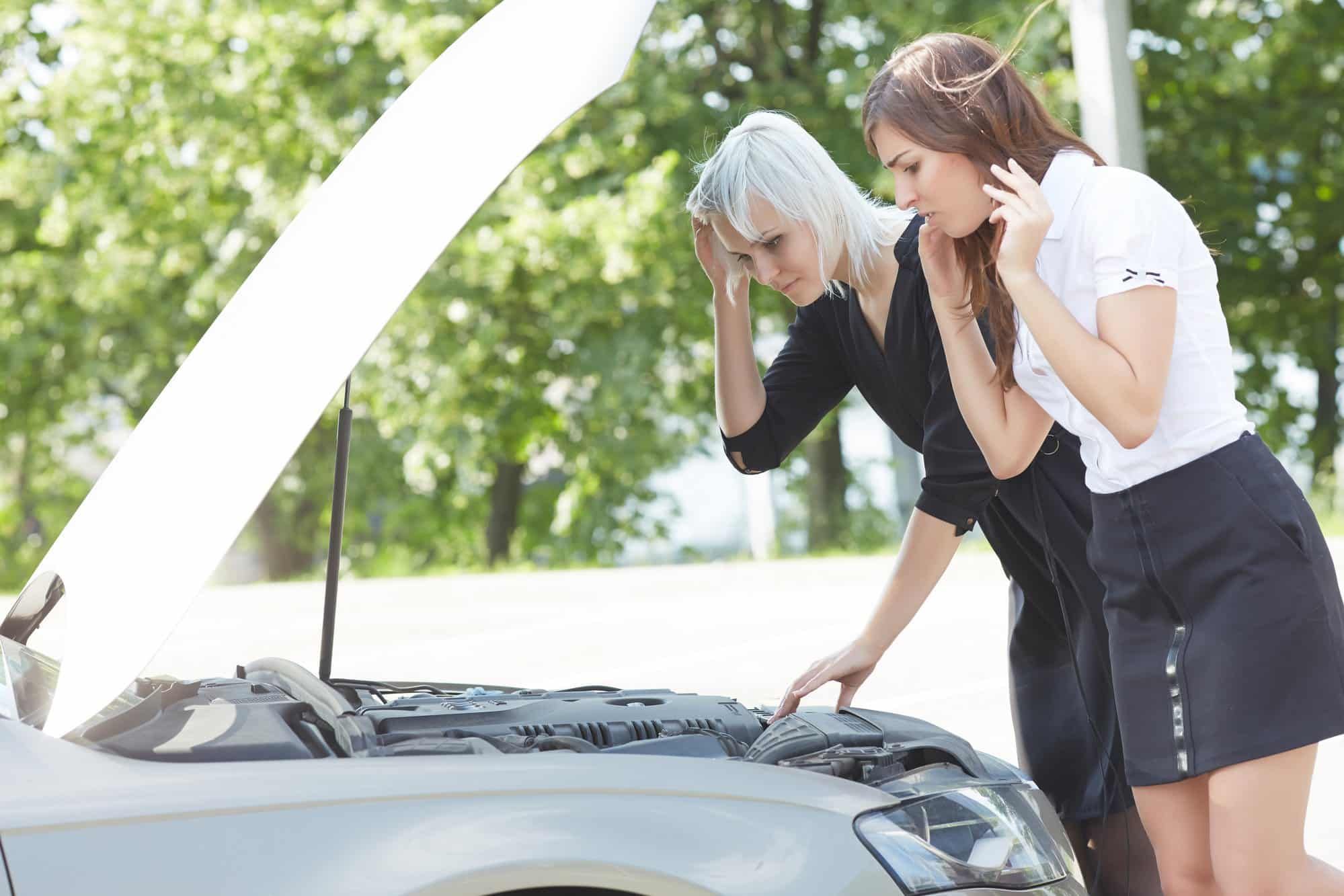Top Class Actions’s website and social media posts use affiliate links. If you make a purchase using such links, we may receive a commission, but it will not result in any additional charges to you. Please review our Affiliate Link Disclosure for more information.
No one sets out to own a vehicle that may qualify for lemon law status, but sometimes, consumers do find themselves in such a situation. If your new (or in some states, used) car has repeated issues that are never repaired no matter how many times a mechanic attempts to fix it, you may own a bonafide lemon.
Is there a lemon law in every state?
Yes, each state has its own lemon law that may cover RVs, boats, and motorcycles in addition to cars, trucks, and SUVs. These laws vary state by state, but the general idea is the same: if a new vehicle has a serious defect and the manufacturer cannot fix it in a reasonable amount of time (as laid out in individual state law), the manufacturer is required by law to repurchase the vehicle.
While lemon laws are determined at the state level, the common factors to determine a lemon include the number of miles driven, major defects, reasonable repair attempts, and number of days spent in the shop.
How many new cars are deemed lemons each year?
About one percent of all new cars purchased in any given year will experience a problem that can’t be fixed. This means about 150,000 cars a year are considered defective enough to be called lemons.
What does a lemon law do?
According to CreditKarma.com, a lemon law requires the automobile manufacturer to either replace a defective new vehicle that you purchased or reimburse you, but in some states, you might not receive the entire amount of money you paid for the lemon.
State lemon laws are primarily meant to protect consumers by encouraging their cars’ manufacturers to actually fix vehicle defects, because when a manufacturer is unable to successfully repair a defective vehicle after a number of attempts determined in state law, the manufacturer is then required by law to replace or repurchase the vehicle.
The secondary purpose of lemon law is that it is a helpful way of alerting vehicle manufacturers to what might be potential defects or quality issues in their vehicles on a larger scale.
How do you make a lemon law claim?
The dealer or automobile manufacturer must make a reasonable number of attempts to repair the same substantial issue before a lemon law claim can be filed. A “substantial defect” is generally considered a defect that affects the vehicle’s utility, safety, and/or value. This often includes issues with brakes, suspension, ignition, fuel system, driveline, and transmission.
In most states, the lemon law requires the problem meet at least one of these thresholds:
- When the problem is safety-related, the problem must persist after one repair attempt;
- When the problem is not safety-related, but is not fixed after three (or some states, four) repair attempts; or
- When the affected vehicle is in the shop for 30 days or more within a 365-day period to repair at least one warranty-related problem.
No matter what state you live in, you must initially notify the vehicle’s manufacturer of the ongoing issue. If the manufacturer verifies the vehicle does qualify for lemon law status, the manufacturer should offer you a refund or a replacement vehicle.
In most states, if you are not satisfied with how the manufacturer is negotiating a resolution with you, arbitration is usually the next step required prior to heading to court.
Do used cars qualify for lemon law protection?
According to Edmunds.com, some states require used cars to have a warranty based on either the vehicle’s mileage or age. In most cases, the dealership is required to try to fix defects experienced during the warranty time span, and generally must refund the customer’s money or replace the vehicle if the defect is irreparable.
What other rights might a used car buyer have, short of lemon law coverage?
Some states have established minimum standards that used cars must meet before they can be placed for sale at a dealership. Some of these requirements include limited used-car warranties, but stop short of making the dealership offer a refund or a replacement if something goes wrong with the used vehicle. If the problem is related to a recall, the dealership should repair it without charge.
Did California recently revise laws concerning vehicles?
According to NBC Bay Area, California’s lemon law combined the Song-Beverly Consumer Warranty Act and the Tanner Consumer Protection Act to cover all new vehicles and any used or leased vehicles that remain covered by the original manufacturer’s warranty. Used vehicles that have fewer than 18,000 miles or are under 18 months old should be covered under the state’s lemon law.
How do Florida’s lemon laws differ?

The vehicle manufacturer has 10 days to inform the consumer where to take their car for proper repairs, and then another 10 days to fix the issue. In the event the vehicle is an RV, the manufacturer has a full 45 days to make the repair. Any vehicle that is still not operating to par after such attempts are deemed lemons.
Another circumstance that may cause a vehicle qualify for lemon law is if the car is out of service because of nonconformity repairs for beyond 15 days and the owner sends a written letter to notify the manufacturer. At that point, the manufacturer is allowed one more opportunity to fix the vehicle. And if your vehicle is unavailable to you for more than 30 cumulative days due to the same issue, your vehicle is also declared a lemon.
Florida offers several avenues to ensure consumers are satisfied with their resolution. After initially determining you have a lemon, you can file a dispute with your vehicle’s manufacturer’s informal dispute settlement board or you can file a dispute with the Florida Attorney General’s Office. If you’re not happy with the resolution offered by the manufacturer or if the manufacturer has failed to make a decision within 40 days of your filing, you can file a claim with the Florida New Motor Vehicle Arbitration Board.
Can an attorney help with lemon law claims?
It can be a difficult process attempting to qualify for a refund or replacement vehicle under your state’s lemon law. That’s why it’s so important to have good records that will help you support your claim. Evidence that will help includes:
- Service records
- Any communications with your dealer/manufacturer
- Phone records
- Anything else that might show your vehicle is a qualifying lemon
If you believe your vehicle may qualify as a lemon under your state lemon law, you may have legal recourse.
Navigating lemon laws can be a complicated process, and moreover, dealing with a car manufacturer or dealership can be stressful, but consulting an attorney can help. Top Class Actions can connect you with an experienced attorney who can help you determine if you have a claim and navigate the complexities of your state’s lemon law.
Join a free lemon law defective vehicle investigation
If you have a defective vehicle that is under warranty and is still not fixed after multiple attempts, you may qualify for help under your state’s Lemon Law.
(Note: Residents of North Carolina do not qualify for this investigation.)
Learn more by filling out the form on this page for a free case evaluation by experienced Lemon Law attorneys or call (877) 289-0615.
ATTORNEY ADVERTISING
Top Class Actions is a Proud Member of the American Bar Association
LEGAL INFORMATION IS NOT LEGAL ADVICE
Top Class Actions Legal Statement
©2008 – 2024 Top Class Actions® LLC
Various Trademarks held by their respective owners
This website is not intended for viewing or usage by European Union citizens.
Get Help – It’s Free
Join a Free Lemon Law Defective Vehicle Investigation
If you qualify, an attorney will contact you to discuss the details of your potential case at no charge to you.
PLEASE NOTE: If you want to participate in this investigation, it is imperative that you reply to the law firm if they call or email you. Failing to do so may result in you not getting signed up as a client or getting you dropped as a client.
Oops! We could not locate your form.













